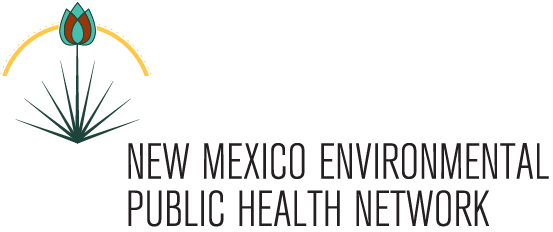
Though air quality in the United States has improved over the several decades and many parts of New Mexico have benefitted from relatively clean air, the air quality in some areas of our state is significantly impacted by gas and oil development, transportation and industry.
In addition, the results of climate change such as increased forest fires, increased summer temperatures, and dust storms are impacting air quality, especially vulnerable populations, and are leading to new unprecedented and unanticipated health problems. Ground-level ozone, the main part of smog, and particle matter pollution are just a couple of the many threats to air quality and public health in throughout the United States
Outdoor air pollution has real and direct impacts on human health. According to the U.S. Environmental Protection Agency, poor air quality is tied to various health effects including heart attacks, asthma attacks, bronchitis, cancer, birth defects, respiratory illnesses and premature mortality. In addition, these illnesses impact our productivity, economy and healthcare spending through lost school and workdays and hospital and emergency room visits.
Indoor air quality is also connected to health impacts. Cleaning products, wood and coal heating, pesticides, pet dander, paints and many other indoor sources have been found to have impacts on human health including lung cancer and asthma.




